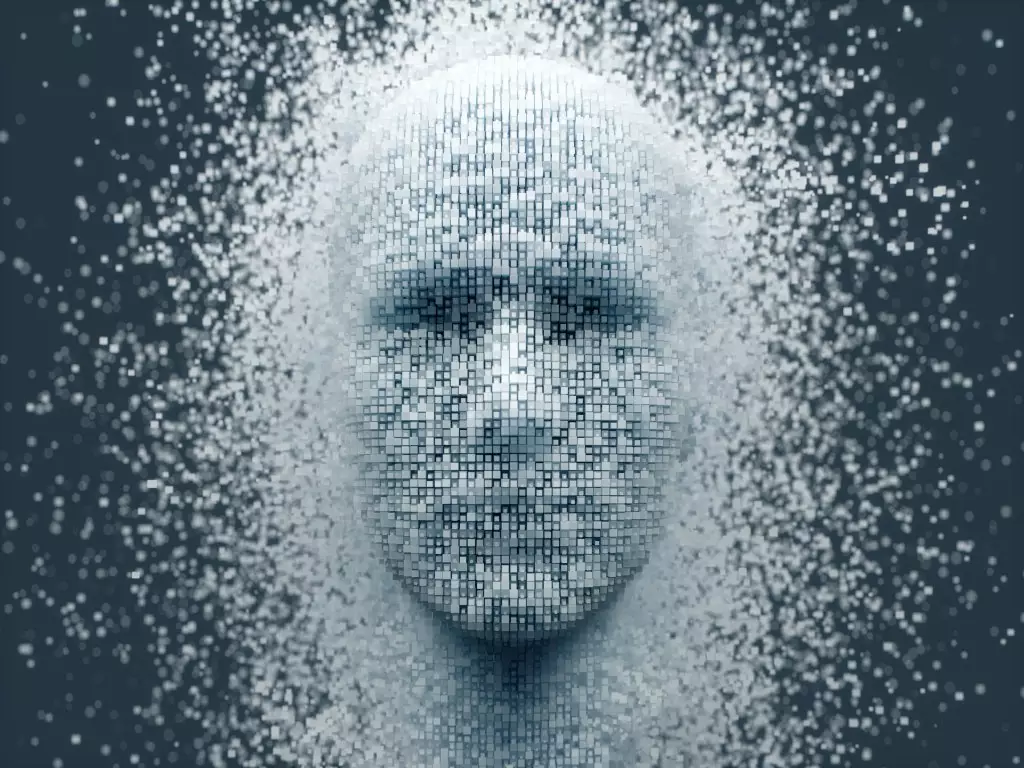In the fast-paced world of modern entertainment, where innovation often trumps rights, a staggering reality has emerged: thousands of UK actors have become unwitting subjects of digital scans, deprived of their consent while navigating the uncharted waters of artificial intelligence (AI). This unsettling revelation has sent ripples through the community, as the actors’ union, Equity, ardently calls for immediate reforms and protections concerning how their individual rights and likenesses are harnessed in an era dominated by AI technology. According to an open letter signed by a cadre of prominent actors, including Tamsin Greig and Alan Davies, the industry appears to be concocting a dystopian future where an actor’s essence can be commodified without their knowledge.
This situation exposes the opaque practices currently prevalent in film and television production and highlights a broader issue of autonomy in creative professions. As artificial intelligence continues to sway the creative landscapes, it raises essential questions about who truly owns a performer’s identity, their data, and ultimately, their artistic contributions.
The Insidious Nature of AI Proliferation
The rapid infiltration of AI technology into creative sectors has often been justified by the lure of efficiency and cost-cutting. However, the implications are deeply troubling. Equity’s open letter starkly reveals the absence of any clear articulation of how personal data and performances are being utilized and stored. This situation leads one to wonder: in a quest to streamline production, are we sacrificing the very principles of consent and personal agency that underpin a healthy artistic community?
Highlighting the dangers posed by this growing trend, Equity articulated a principled stand, underscoring that no agreement regarding AI’s role in the industry will be acceptable unless it includes stringent protections for actors. This stance is a breath of fresh air in a world often suffocated by corporate profit motives. The bold assertion is particularly relevant as unions across the globe grapple with similar issues, echoing sentiments shared during the historic SAG-AFTRA negotiations in the United States. It’s critical for unions to harness this momentum—not just for their members but as a ethical framework for the industry at large.
The Role of Producers and the Need for Transparency
Though negotiations between Equity and Pact continue—without satisfactory outcomes to date—producers seem maddeningly reticent to embrace the necessity for transparency. By withholding clear protocols regarding the recording and use of actors’ likenesses, the gatekeepers of the industry perpetuate an alarming imbalance of power. This reflects a wider societal issue where large corporations frequently dismiss the rights of individuals in favor of expanding their technological dominion. By sporting a veneer of progress, the industry may inadvertently become a cautionary tale of the consequences of unchecked digital advancement.
The risk here is more significant than mere dissatisfaction among union members; it is a potential erasure of human creativity—where algorithms, rather than artists, shape performances. AI’s encroachment into the acting profession should ignite widespread outrage. Imagine the creative works, genuine human expressions, and intricate narratives that could be lost in a sea of codes and generative scripts. It appears that the very ethos of performance art—its emotional depth—is at stake in this looming battle against the mechanized coldness of AI.
Legal Frameworks and Ethical Ramifications
With the UK government entertaining legislative measures that may alter copyright paradigms in favor of corporate entities, the urgency of the situation cannot be overstated. If rights holders could be compelled to ‘opt-out’ from AI training usage, the ramifications would be catastrophic. What this suggests is a societal shift towards normalization of the exploitation of individual creativity—encouraging artists to remain passive while their identities are exploited by the very apparatus that should facilitate their art.
In light of these developments, it becomes increasingly vital for professionals within the creative industries to actively engage and push for discussions that prioritize their rights. Advocacy must penetrate not only the industry but also permeate public consciousness, raising awareness about the erosion of creative rights under the guise of technological advancement.
At this critical juncture, individual actors and unions must stand resolutely in their demand for agency over their own likenesses and performances. If not, we may be looking at a future where the ghost of an actor’s past is appropriated by machine learning, leaving authenticity in the dust.

